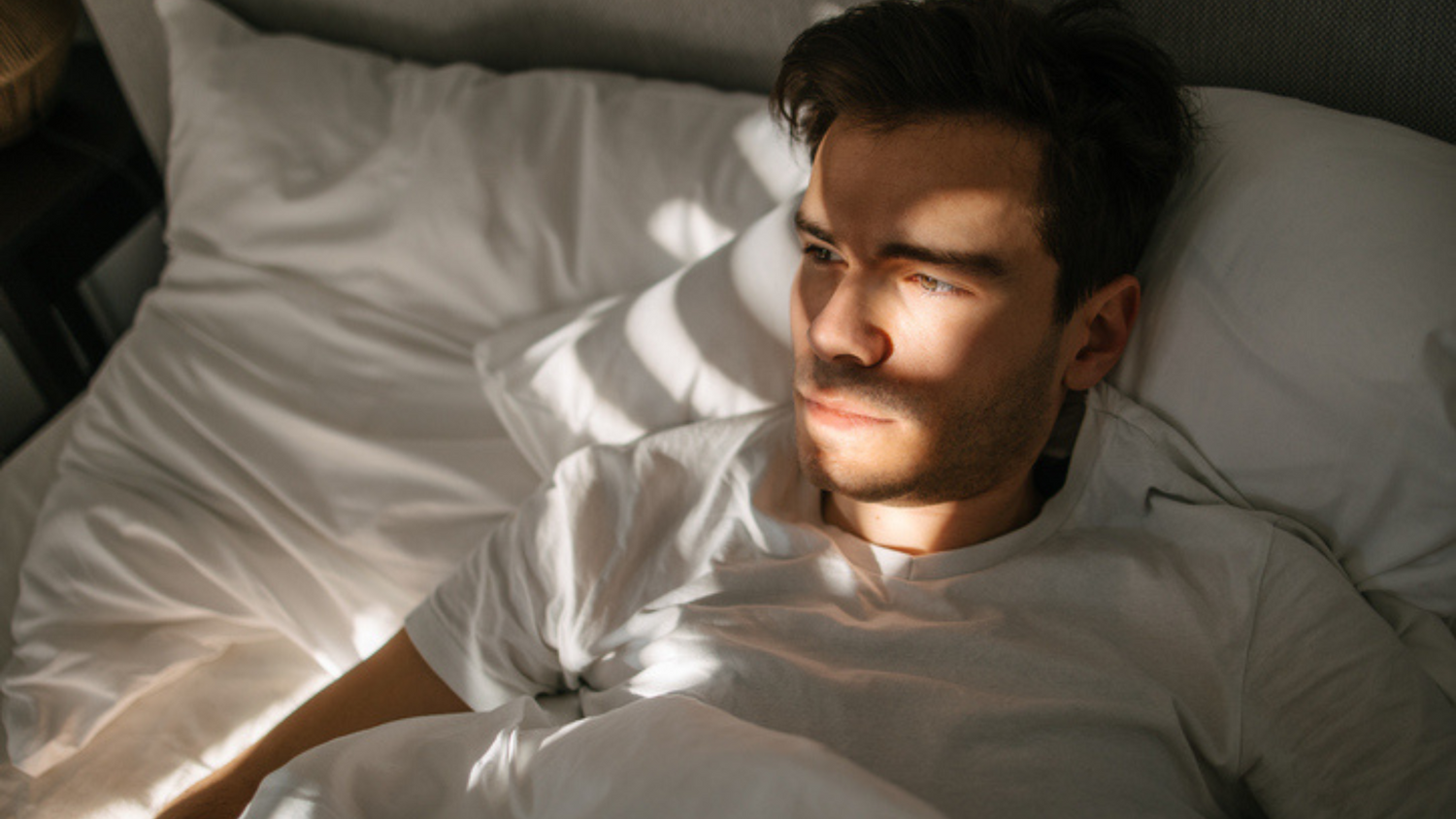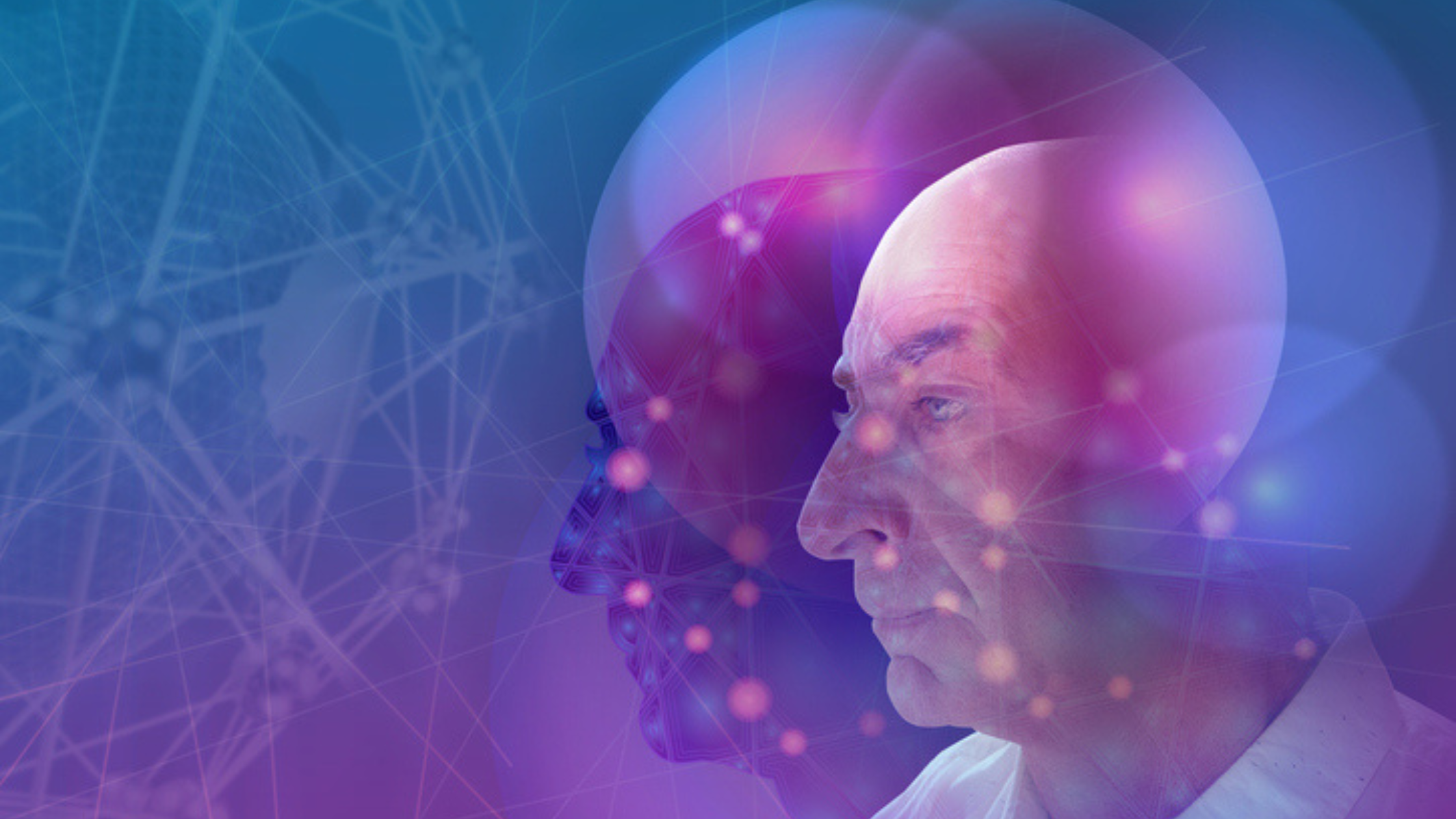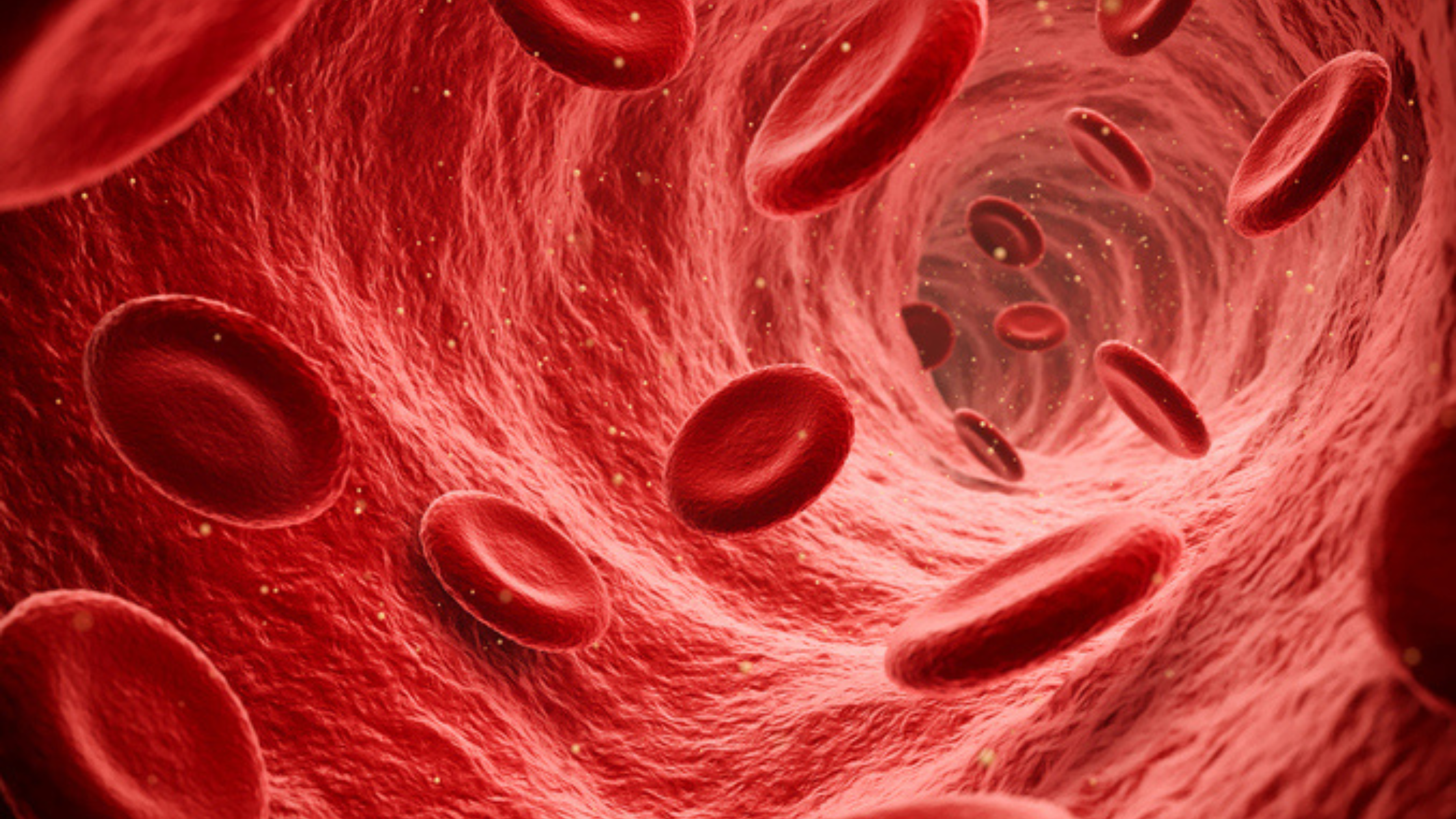Resveratrol, a compound found in grapes, red wine, berries, and peanuts, has gained significant attention for its potential health benefits, including its role in longevity, heart health, and cancer prevention. However, some claims suggest that resveratrol may cause insomnia, leading to confusion among consumers. This blog aims to debunk the myth that resveratrol causes insomnia by examining scientific evidence and shedding light on its actual effects on sleep.
Understanding Resveratrol
Resveratrol is a polyphenolic compound that acts as an antioxidant, protecting cells from damage caused by free radicals. It has been studied for its anti-inflammatory, anti-cancer, and cardioprotective properties. Resveratrol's popularity soared due to the "French Paradox," which highlights the low incidence of heart disease in France despite a diet high in saturated fats, attributed to moderate red wine consumption (R).
The Insomnia Myth
The claim that resveratrol causes insomnia likely stems from its stimulating effects on certain bodily functions. However, it's essential to differentiate between short-term stimulatory effects and long-term impacts on sleep patterns. Let's delve into the research to understand resveratrol's true impact on sleep.
Scientific Evidence on Resveratrol and Sleep
Resveratrol and Circadian Rhythms
One study published in the journal Molecular Nutrition & Food Research explored the effects of resveratrol on circadian rhythms, the body's internal clock that regulates sleep-wake cycles.
The study found that resveratrol positively influenced circadian rhythms by activating the SIRT1 gene, which is crucial in regulating the body's biological clock. This activation helps improve sleep quality and duration, suggesting that resveratrol might actually support better sleep rather than cause insomnia (R).
Resveratrol and Stress Response
Resveratrol has been shown to modulate the body's response to stress, which can significantly impact sleep quality. A study published in Neuropharmacology demonstrated that resveratrol could reduce stress-induced behaviours and biochemical markers in animal models. By lowering stress levels, resveratrol may indirectly promote better sleep, countering the idea that it causes insomnia (R).
Resveratrol and Neurotransmitter Activity
Resveratrol influences the activity of several neurotransmitters involved in sleep regulation. Research published in the Journal of Pineal Research highlighted that resveratrol could enhance the production of melatonin, a hormone that regulates sleep. Increased melatonin levels can improve sleep onset and quality, further debunking the myth that resveratrol causes insomnia (R).
Human Studies on Resveratrol and Sleep
While animal studies provide valuable insights, human studies are crucial for understanding resveratrol's effects on sleep. A randomised controlled trial investigated the impact of resveratrol supplementation on sleep quality in patients with Hepatitis. The participants reported significantly improved sleep quality (R).
Addressing Anecdotal Reports
Anecdotal reports of insomnia linked to resveratrol consumption may result from individual variations in response to supplements or other lifestyle factors. It's important to consider that insomnia can be influenced by numerous factors, including stress, diet, exercise, and overall health. Blaming resveratrol without considering these factors might lead to incorrect conclusions.
Dosage and Timing Considerations
Proper dosage and timing of resveratrol supplementation are crucial for avoiding potential side effects, including insomnia. High doses of resveratrol, especially when taken close to bedtime, might have stimulating effects in some individuals. To minimise the risk of sleep disturbances, following recommended dosages and avoiding resveratrol supplements late in the day is advisable.
Conclusion
The myth that resveratrol causes insomnia is not supported by scientific evidence. On the contrary, research suggests that resveratrol may enhance sleep quality by positively influencing circadian rhythms, reducing stress, and promoting melatonin production. Human studies further confirm that resveratrol supplementation does not adversely affect sleep patterns.
As with any supplement, individual responses can vary, and it's essential to consider other lifestyle factors that may impact sleep. For those considering resveratrol supplementation, adhering to recommended dosages and avoiding late-day intake can help ensure its potential benefits without disrupting sleep.
In conclusion, resveratrol is a promising compound with numerous health benefits, and its reputation should not be marred by unfounded claims of causing insomnia. By relying on scientific evidence, you can make informed decisions about incorporating AgeMate’s Resveratrol into your health and wellness routine without worrying about sleep disturbances.
Are you interested in learning ways you can help improve your sleep? Read our best tips here.





